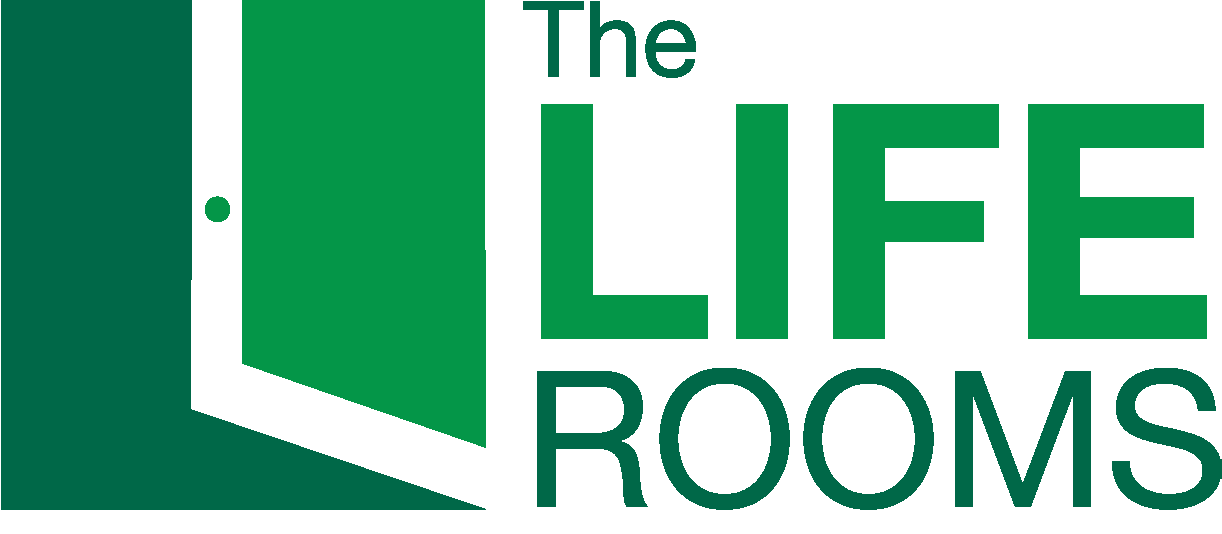The Life Rooms team evaluated the impact of our innovative social model of health and interoperability within the Mid Mersey Region through surveys, interviews, and case studies, to develop learning for future interoperability with clinical teams and provide more effective services for the community.
We have mapped our case studies against the Mersey Care Clinical Strategy (2020/2024) pillars; clinical excellence, prevention, integration, supporting clinical development, being a global digital exemplar. These case studies demonstrate the contribution of The Life Rooms preventative and holistic approach towards clinical excellence and service user care.
Case study 1 was completed with a Nurse Practitioner in the Crisis Resolution and Home Treatment Team in St Helens. The Nurse Practitioner discussed the impact of The Life Rooms Team on the care provided to patients.
Case study 2 was completed with a group of clinicians in the Crisis Resolution and Home Treatment Team in St Helens. The group included a Senior Nurse Practitioner, a Nurse Practitioner, a Support, Time and Recovery Worker and a Clinical Lead. The group discussed the impact of The Life Rooms Team on the care provided to patients.
You can read the extended case studies in our full report in Our Publications.
Clinical excellence
Case study 1 discussed the impact on clinical outcomes of patients’ holistic needs being met: “...the impact it would have on their patients and the wider community would be immeasurable, because a lot of poverty and issues in the socially deprived areas, such as St Helens, means that the needs are not just as simple as walking into Specialist Psychiatry and saying I'm not feeling well. It means that their needs are met holistically by The Life Rooms, so whatever's brought them to be in the service is getting addressed. And if that service were to be removed, I feel that a lot of people, a lot of vulnerable people, would probably fall through the cracks and that would be a massive shame to the community because a socially deprived community needs that additional help."
Case study 2 highlighted improved practice as a result of improved referral pathways: “Yeah, I've found for us as practitioners, we can do that referral on the portal on RiO. Dead simple. Dead, dead easy to complete. Then it's like, ohhh, I can do all my risk assessments now, I can do my letters. I can spend more time focusing my paperwork on the mental health aspect of discharge on what we're doing rather than thinking, I've got a to do list and they [referrals] get put on."
Prevention
Case study 1 gave an example of how The Life Rooms approach to recovery and self-management supports clinical outcomes: “...as soon as people feel that they're unwell, physically or mentally, they can reach out to the GP, they can come to us, but actually what about addressing the symptoms or the problems [holistic unmet needs] that have brought them to be in touch with us in the first place? ...And once we've done that [addressed unmet needs through The Life Rooms], usually what we'll tend to find is that they [service user] actually didn't need specialist psychiatry anyway. It was to absolve them of the trauma that they have with housing or their weight, physical health, family issues.”
Case study 2 discussed factors affecting health and wellbeing and the limitations they experienced in supporting patients to meet those needs: "...people just go round in this cycle. Yeah. And it goes on for years and years, doesn't it. It just spirals for years and you say something out of that has got to change, but unfortunately we don't have the tools to do that, but I think you [The Life Rooms] probably have”
Integration
Case study 1 discussed the integration between clinical teams and The Life Rooms, referring to the interoperability between RiO and Elemental: “Rather than using external partners... confidentiality [is] maintained for the patient, but also I suppose it instils that little bit of confidence not only in the practitioner that the referral is going to be picked up and it is going to be listened to, it is going to be validated and you know that it will be acted upon... but more importantly for the patient, because it instils trust in the practitioner that what's going to happen for the patients... For me, keeping it in house and keeping it in Mersey Care, it adds something that you can't put money on.”
Supporting clinical development
Case study 1 discussed the benefits of The Life Rooms to clinical practice: “...now it means that I can spend that little bit more time not rushing my clinical documentation, making sure everything's done clinically that I need to do, and any of the social aspect of what the patient needs will be captured and acted upon by The Life Rooms. So it frees up a lot of time for the practitioners. A lot. Which is important, isn't it, as you want to make sure everything is done. As we’ve got a busy service."
Global digital exemplar
Case study 2 identified how the referral process has improved following the implementation of the interoperability between RiO and Elemental: “Referral is very quick and easy, so I think that saves a lot of time, which is great because previous referrals to different service takes a lot of time... Just to give you an example [of] referring someone for a social care needs assessment. Yesterday I was on hold for 40 minutes before I could even speak to someone to make a referral and it's not their fault. We understand. We have the same with housing providers... with any other service."
Read the full report
The full report into our interoperability pilot project in the Mid Mersey region is available to read in Our Publications.
